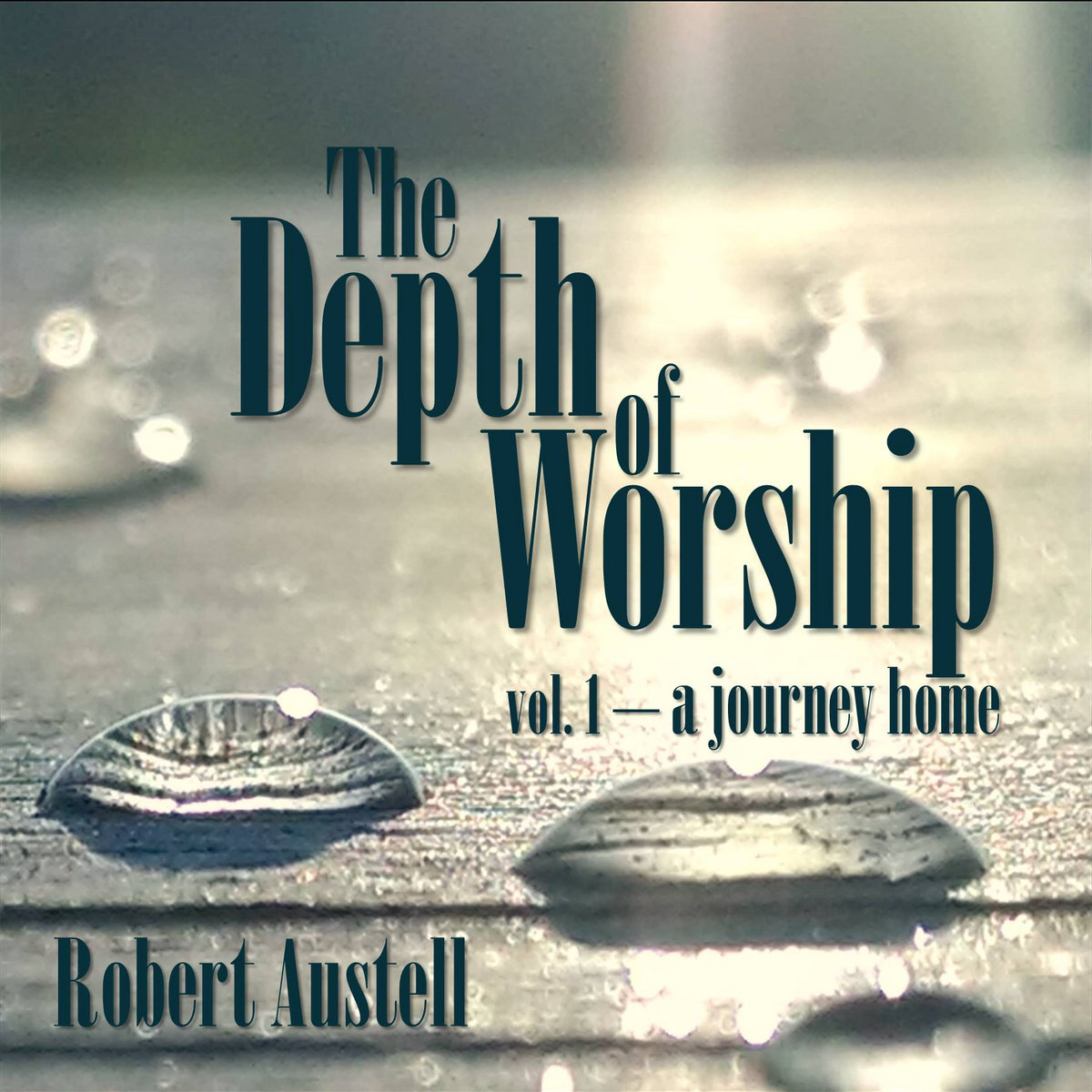vii - reflections on missional
The following is part seven of a workshop I taught at the Presbyterian Global Fellowship (PGF) “Gearing Up” conference in Atlanta. The content and illustrations are from life at Good Shepherd, but I was trying to identify key transferable concepts, particularly for life in smaller churches (though I hope they would transfer into any context).
As a final piece to this series, I’d like to offer a few miscellaneous reflections.
First, the mess…
Changing church cultural and a congregational identity in any way is messy. And being missional is messy. So know that it’s coming. As we first began to turn outward, I preached on the messiness of the Gospel and following Christ into the world. I think it is much easier to brace for the mess and EMBRACE the mess than try to react to it when it comes. What is the mess? It is people showing up in church who don’t look like you or talk like you. It’s young adults starting to come who don’t know better than to bring their Starbucks coffee right into worship and drink it right through. It’s folks who don’t know the Presbyterian dress code for worship. (Mind you, these are sacred cows… I’m just describing the interior thoughts some of us might have when our old, old way of DOING church is transformed into BEING the Church.) It’s new children and teens showing up without parents because the youth group is reaching outside of itself. Who will sit with them? Who will keep them still? Do they need to be still? Mess, mess, mess. And that’s just the start! What if you start seeing homeless, broken, homosexual, addicted, not-put-together folks IN church because you are reaching out to them OUT of church? Now that, I’ve told my congregation, is GLORIOUS MESS! (Of course, convincing your brain of what your heart has accepted is sometimes a difficult transition!)
Second, the slowness…
I’ve alluded to this in the previous post, comparing the change in congregational culture to raising children. But man, it is sloooooooooooooow. When I came to Good Shepherd, full of Jesus-loving, scripture-following, evangelical Christians, I just knew that we would find a common vision and BOOM – we’d be off to the races. A year or two in, having confirmed that these people had a heart for the world and agreed that we should be involved in evangelism and mercy ministry that BOOM – it would happen. But knowing something and doing something are two different things, especially when there has long been a disconnect between the two. And so, here I am seven years later, no boom and slightly fewer members than I started with. Some days, it’s very discouraging. But wait… it’s like raising kids. I do strongly believe we are being transformed and conformed into a people who more closely share the heart of God. You know the “terrible two’s?” For one of my kids it was the terrible threes – and that felt like about ten years. But, it’s long past now, and she is an amazing kid on her way to young woman. So it is with the church. I look back to years two, three, four… the ideas were out there, but there was so little forward motion. In fact, it’s hard to pinpoint when the transformation and growth happened, but we are not the same church in 2009 that we were in 2002, 2005, or even two years ago. This congregation is an amazing group on the way to something even more amazing… patience, vision, repetition, patience, thankfulness, diligence, perseverance, patience…
Third, some phrases that have stuck…
I started off the series saying that we need to figure out how to talk about “missional” using our own words. And what I’ve found is that once people really “get it” they will find their own ways to talk about their calling and identity. I didn’t start into this with a set of pre-fab phrases, but several ways of talking about the concepts have emerged in the life of our church. If you grabbed any random Good Shepherd member and said one of these, they would surely say, “Oh yeah, we hear that all the time!” But they would also get it and be able to tell you all about what it means (I hope!!). Here are a few…
“Lighthouse and searchlight” – the key metaphor… and it is so highly visual, drawable, dramatize-able, and liveable!
“Get up and get out” – often part of my benediction… sounds kind of like “go away!” doesn’t it? But, it’s part of our sending… and I say it more intentionally than it reads.
“What is God doing and how can I be a part?” – the key question for personal ministry and mission as well as for our collective ministry and mission. It keeps God’s actions in the forefront and our response where it needs to be.
“Personal ministry, personal mission” – our individual way of living out a missional identity
“Tell God’s story; tell your story; learn the other’s (neighbor’s) story” – evangelism set in a missional framework of getting out, loving neighbor, and identifying what God is doing in the world and in one’s own life.
FEEDBACK: If you have thoughts about this series on “missional” or want to interact in any way, I invite you to do so in the comments or to e-mail me at robert@gspc.net.











